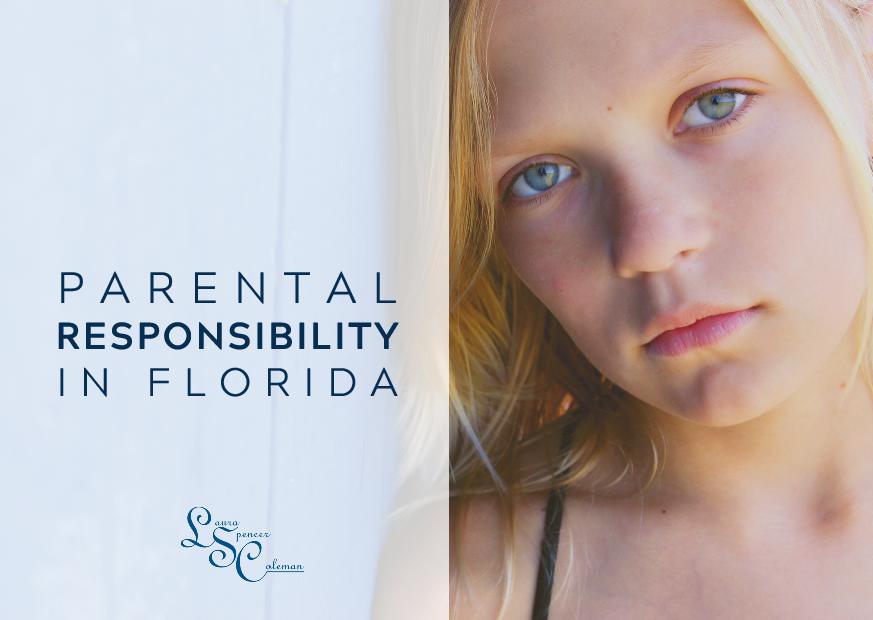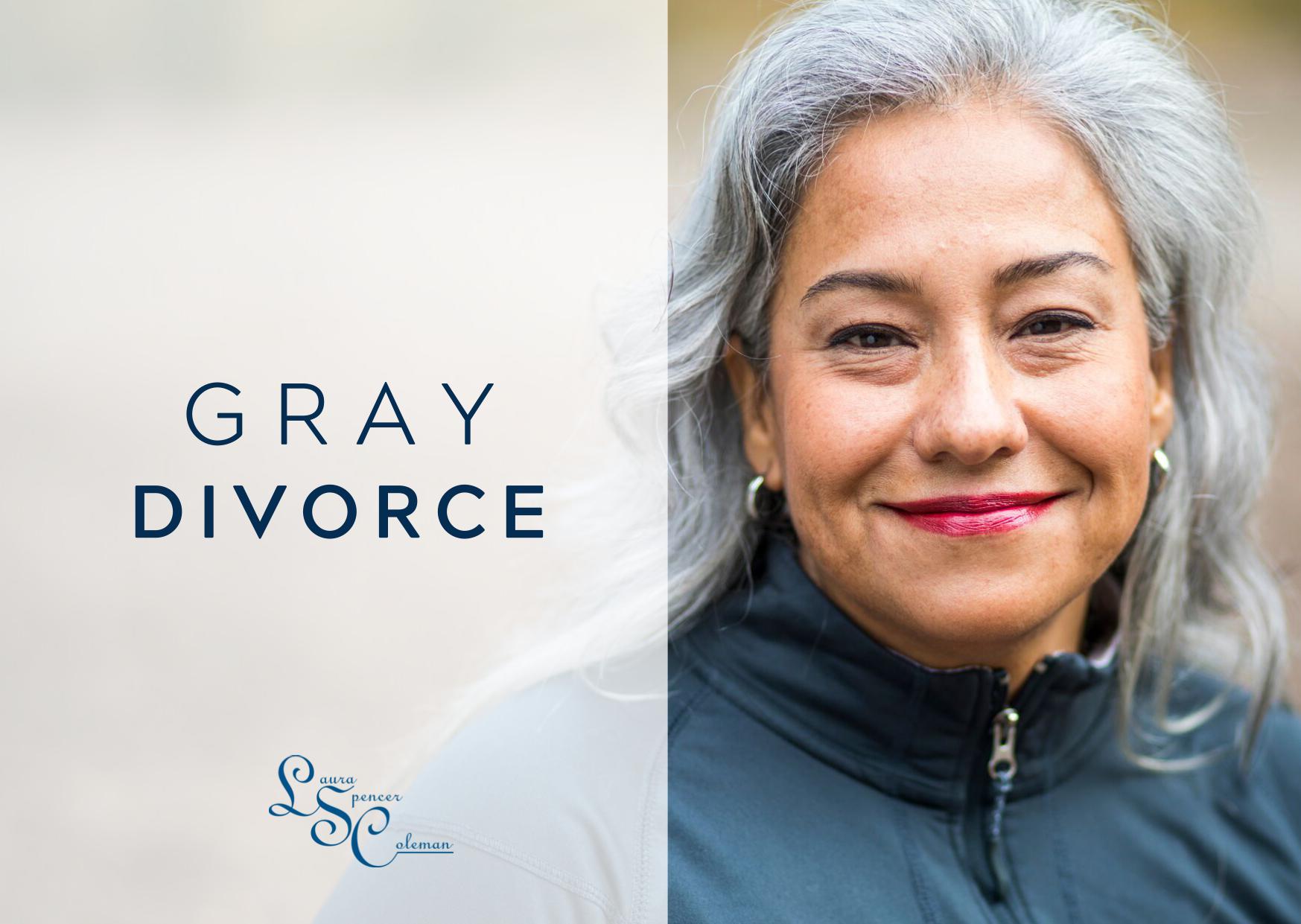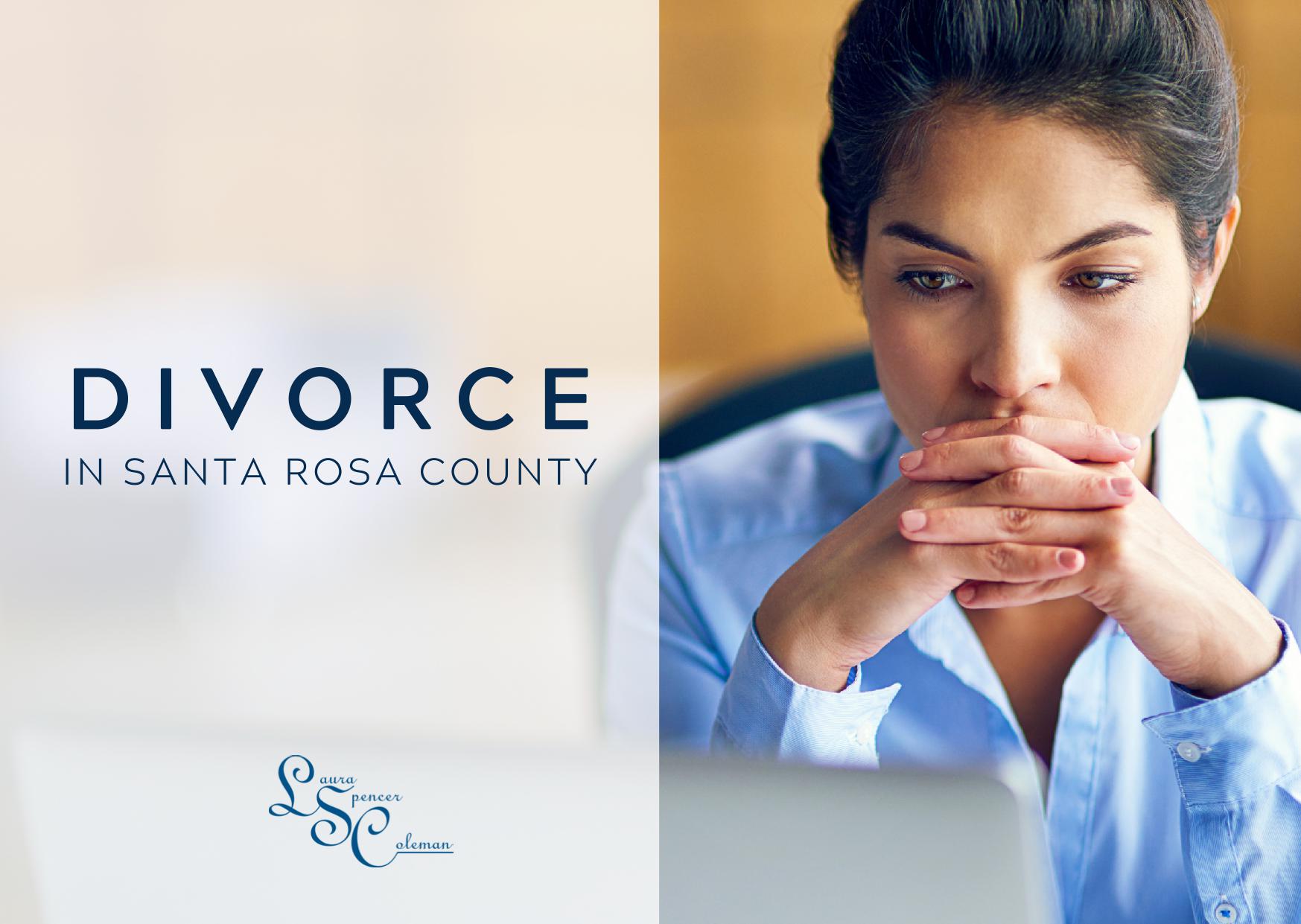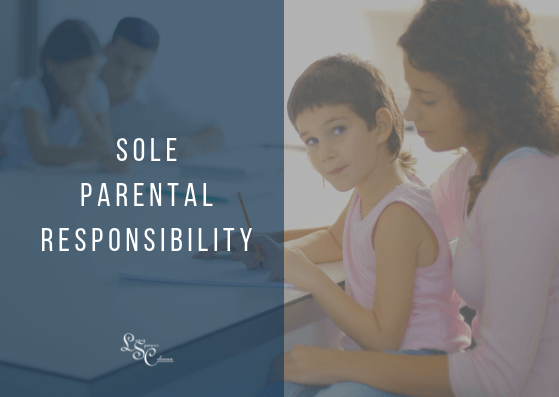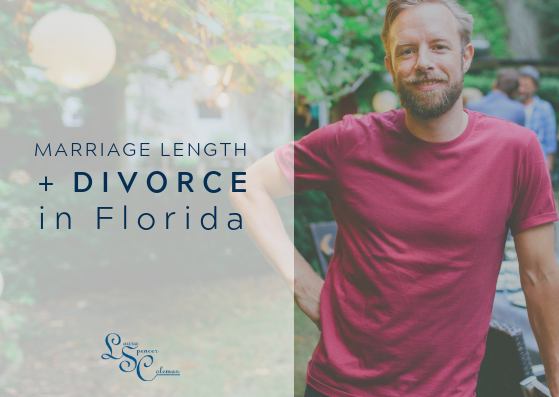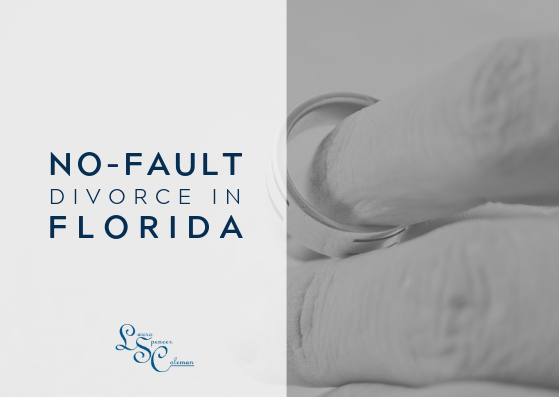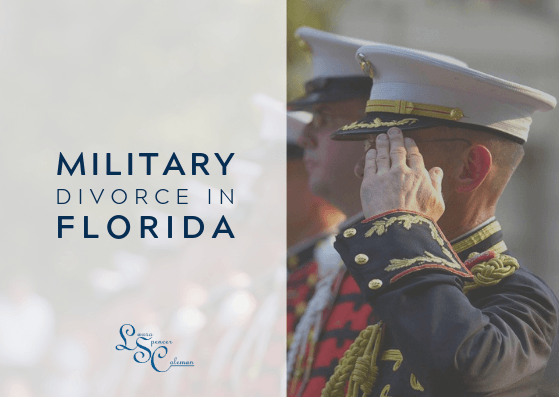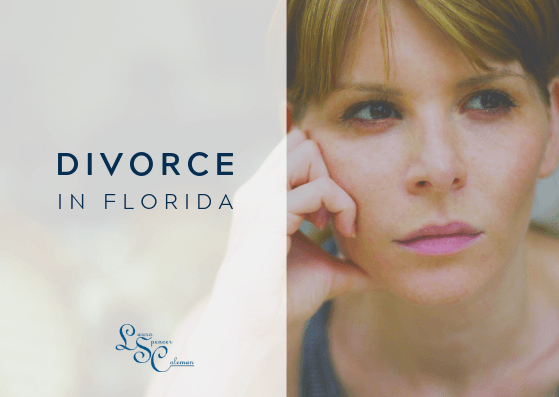Important Aspects of Juvenile Law in Florida
- By Laura Spencer Coleman
- •
- 07 Aug, 2018
- •

Minors (individuals under the age of 18) face different standards, consequences and issues when it comes to the law. For minors who commit crimes, punishment and process are different.
Here are three important aspects of juvenile law in the state of Florida.
The Florida Juvenile Justice System Is Centered On Rehabilitation
Unlike the adult criminal justice system, which centers on punitive measures for criminal behavior, the juvenile justice system is based on rehabilitation.
The Florida Department of Juvenile Justice exists to
“increase public safety by reducing juvenile delinquency through effective prevention, intervention and treatment services that strengthen families and turn around the lives of troubled youth.”
This focus on prevention and treatment aims to help underage offenders avoid repeat offenses.
In 2017, Florida passed a civil citation initiative that routes first-time juvenile offenders who are accused of one of 11 common misdemeanors to an intervention-based program rather than legal custody.
Find a civil citation representative in your Florida community with this database.
Juvenile Offenders in Florida May Be Tried As Adults
For repeat juvenile offenders and those who commit severe crimes, the process of being taken into custody and subsequently charged can be very different than for first-time offenders.
Florida has long led the nation in numbers of juvenile offenders who are transferred to adult court.
Between 2003 and 2008, for instance, Florida transferred an average of 164.7 juvenile offenders per 100,000 to adult court--over 50% more than any other state. The majority of these juvenile offenders were accused of non-violent crimes.
In 2017, more than 1,000 juvenile offenders in Florida were tried as adults.
Additionally, Florida is one of only 12 states that have a statutory power known as “direct file.”
The direct file statute (prosecutorial discretion) allows state attorneys to decide whether or not to try a juvenile offender as an adult based on a personal assessment of the juvenile’s offenses and history. Furthermore, Florida is one of only a handful of states that doesn’t allow a juvenile who has been direct filed to adult court to seek a reverse waiver.
Juvenile Offenders In Florida + Legal Counsel
In the state of Florida, youth offenders have the right to legal counsel at all stages of delinquency court proceedings.
Juveniles need legal counsel to protect themselves from legal ramifications that can affect them for the rest of their lives.
Laura Spencer Coleman is an experienced family law attorney serving the state of Florida.
Contact her law offices today to learn more about juvenile law and legal counsel.


